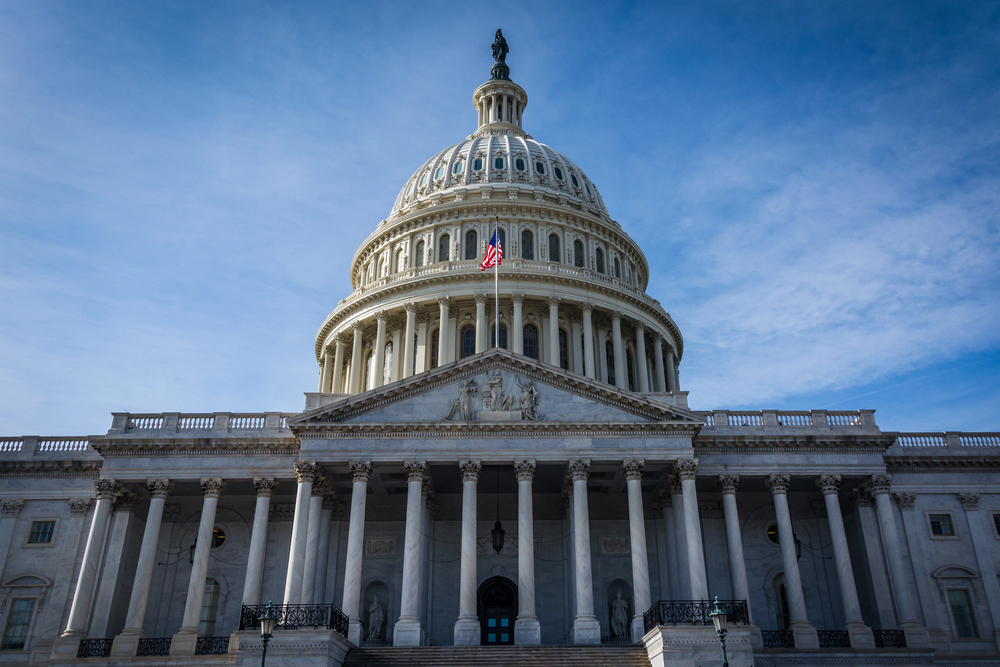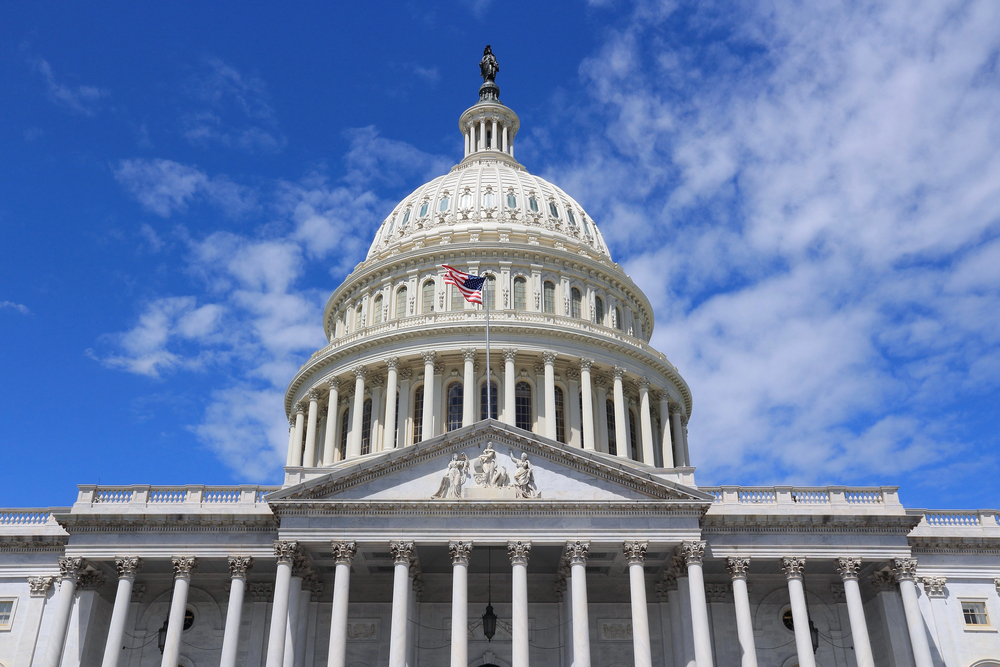Texas Judge Rules ACA Unconstitutional; House to Vote to Delay ‘Cadillac’ Tax
By: Wyatt Stewart
Late last week, U.S. District Judge Reed O’Connor ruled that the Affordable Care Act (ACA) is unconstitutional. The Judge made his decision after 18 Republican state attorneys general and two Republican governors brought a case when Congress repealed the individual mandate.
The Republican officials claimed that the U.S. Supreme Court upheld the ACA in 2012 in part because it included an individual mandate— a tax penalty for Americans who did not buy health insurance. After Congress repealed the individual mandate in 2017, the state attorneys general and governors who brought the case believed the rest of the law was unconstitutional. Judge O’Connor agreed.
Given that it was a declaratory judgment and not an injunction to freeze the ACA, Judge O’Connor’s ruling will not have an immediate impact on those enrolled in ACA plans. The U.S. Department of Health and Human Services said it will continue enforcing “all aspects of the ACA,” and the law is expected to remain in place while the appeals process plays out.
Considering all five justices who voted to uphold the ACA in 2012 still sit on the Supreme Court, many legal experts expect last week’s ruling to eventually be overturned during the appeals process even if it makes its way all the way to the Supreme Court. However, should the law eventually be struck down, Congress will have to come up with some sort of replacement. At this point, it is too early to know when the appeals process will begin and how long it will take. The Big “I” will continue to provide updates as the process plays out.
In other ACA news, at press time, the U.S. House of Representatives is scheduled to vote on an additional one-year delay of the “Cadillac” tax as part of a broader tax package. The “Cadillac” tax assesses a damaging 40% tax on health plans that exceed a fixed annual cost. The law is currently scheduled to take effect Jan. 1, 2022, but this new delay would move the effective date back to Jan. 1, 2023.
It’s not perfect, but another delay would be a positive step toward a full repeal and another acknowledgement from Congress of the damage this tax would do if it ever went into effect. The U.S. Senate is not expected to take up this legislation before Congress adjourns for the year. Numerous pieces of bipartisan legislation have been introduced to repeal this onerous tax, and the Big “I” continues to push for a full repeal.
Wyatt Stewart is Big “I” senior director of federal government affairs.










